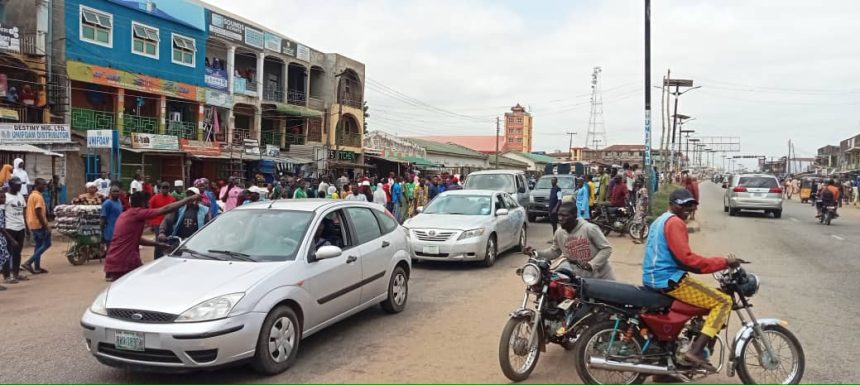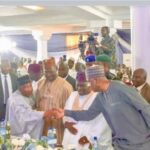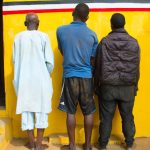From Taiye Joseph, Ilorin
Kwara State Governor, AbdulRahman AbdulRazaq has directed the immediate deployment of buses to different parts of the metropolis to ease the movement of commuters.
“The buses are to take people to the most central destinations free of charge. We hope that persons attending the SUBEB job placement interviews would find this helpful, particularly in the metropolis,” the statement said.
The Governor also appealed to transporters and members of the public to exercise patience over the new fuel price hike, saying different government stakeholders are reviewing the situation with public good as a top priority.
“The inconveniences are regretted, and we are confident that things will ease as soon as possible,” it added.
Meanwhile, Ilorin, the capital of Kwara State, witnessed a major disruption on Thursday as transport operators took to the streets to protest the hike in petrol prices.
The price increase, announced by the Nigerian National Petroleum Corporation (NNPC), on Tuesday, saw fuel prices in the state soar to between ₦950 and ₦1,200 per litre, forcing independent marketers to sell at varying rates.
The protest, which began early Thursday morning, was led by tricycle operators (Keke) and commercial motorcyclists (Okada), that blocked major roads, including Taiwo Isale, Coca-Cola Junction, Maraba, Gambari Road, and Offa Garage.
The blockage resulted in heavy traffic jams, leaving commuters stranded as transport services ground to a halt.
One of the protesters, Sani Musa, a tricycle operator, expressed his frustration at the situation.
“The sudden increase in petrol prices is too much. We are barely making profits after spending so much on fuel. When we were charging ₦50 per drop, it was more profitable than now. The hardship is unbearable. The government must intervene,” he said.
At Maraba and Murtala Junction, protesters chanted “Osu wa oo,” expressing their displeasure over the rising fuel costs, which they claim is crippling their ability to make a living.
Tunde John , a commercial bike operator, added, “Families are struggling to provide for their children. We want the fuel price reduced because most of our earnings are spent on fuel.”
In response to the protests, security personnel from the Nigerian Police and the Nigeria Security and Civil Defence Corps (NSCDC), were deployed to key areas in the city to maintain peace and prevent any escalation of violence.
While the protests remained largely peaceful, they significantly disrupted daily activities.






